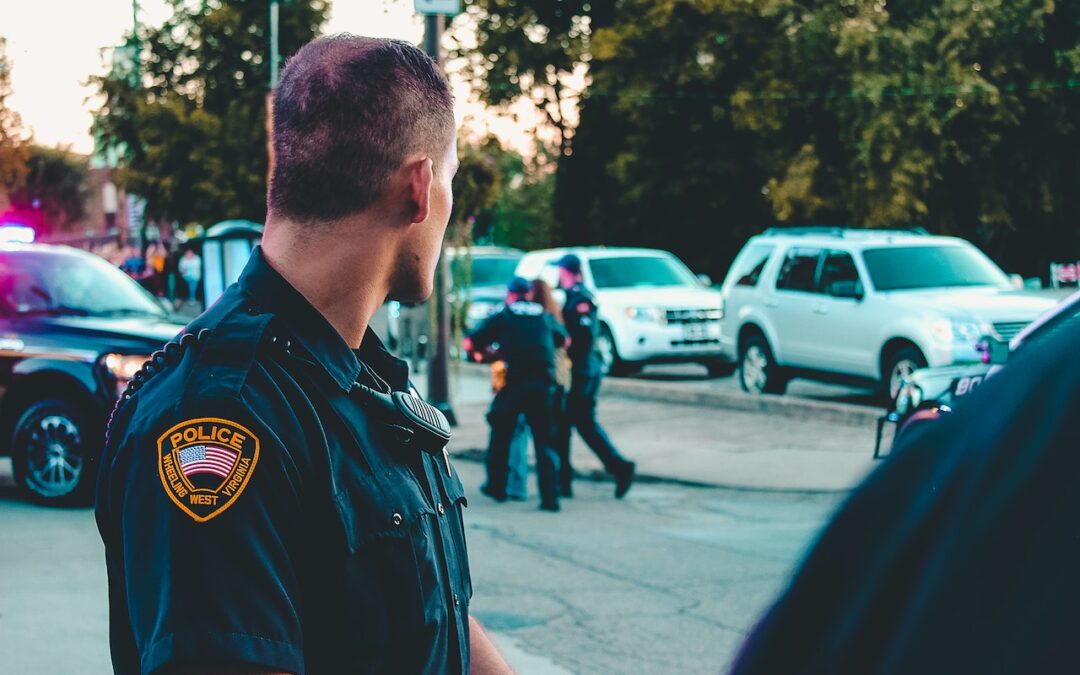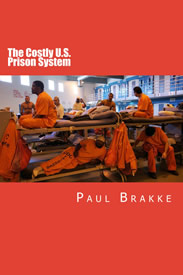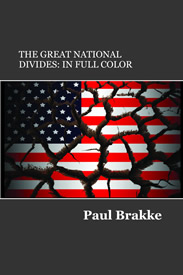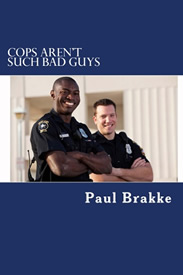FOR IMMEDIATE RELEASE
Citizen-police relations are becoming worse and worse, reflected in news of killings of citizens by police, ambushes of police by citizens, protests if an officer is justifiably cleared of killing a criminal with a gun in self-defense, and claims the police should have done more to stop the latest school massacre. Meanwhile, the police continue to lack the ability to respond to the increase in property crimes, such as smash and grabs and car break-ins, resulting in citizens just filing a report and feeling frustration about the unsolved case.

In response, criminal justice expert Paul Brakke, publisher of American Leadership Books and author of 8 books on crime and American society, has developed a comprehensive program on improving citizen-police relationships. He has also been contacting nearly 15,000 law enforcement professionals, including chiefs of police and training school directors, to let them know about the program.
The program includes these components: a comprehensive 10-page white paper How We Can Improve Citizen Police Relationships, two informational 15-minute videos based on this white paper: Improving Citizen Police Relationships and Other Ways to Improve Citizen Police Relationships, and two 4-6 minute collections of short 15-30 second promotional videos featuring different recommendations drawn from the white paper and informational videos.
Some examples of over two dozen recommendations include these:
• Police procedures on the use of deadly force should be revised at the state level or even nationally to reduce the prevalence of avoidable killings by police.
• Do not indulge in high speed chases. Instead inform other units that could intercept the speeding vehicle.
• In many cases, the police could use diplomacy and negotiation tactics to calm the suspect, so they can arrest him rather than killing him, and then he will have his day in court.
• Have crime prevention meetings to provide advice on what to do, from protecting against inner-city gang violence to protecting one’s home or car in the suburbs against a burglary.
• The growing use of technology by police forces around the nation needs to be combined with more direct citizen-police contact.
In making these observations about improving citizen-police relationships, Brakke has drawn on over five years of research on criminal justice and the divisions in American society. He has reported on police and citizen relationships in a chapter in Crime in America and in Cops Aren’t Such Bad Guys.
In writing his books and working as a consultant, Brakke brings to the table a unique conservative approach to crime, criminal justice, and American society. That’s because liberals usually discuss ways to reform the system through more of a social welfare approach. But Brakke’s approach is based on an economic business model of doing what works most efficiently to both cut down costs and create more productive citizens.
Since publishing his latest books Crime in America, Fractured America, and Uncertain Justice, Brakke has had over 100 videos made featuring highlights from the book which are available on the American Leadership Books YouTube channel at https://www.youtube.com/channel/UCfHgXXiW3jgODnaypgcYZFw.
He has created two promotional videos with recommendations for the police from this series.
To learn more, you can get a copy of Crime in America or Uncertain Justice, with a chapter on the police in America. The books are available through Amazon, Kindle, and major bookstores. Also, free copies are available for law enforcement professionals and government officials who are seeking ways to reduce crime and fix the criminal justice system and for members of the media at https://crimeinamericathebook.com
or at https://uncertainjustice.com.
For media copies of the book, more information on American Leadership Books and Paul Brakke, and to set up interviews, please contact:




